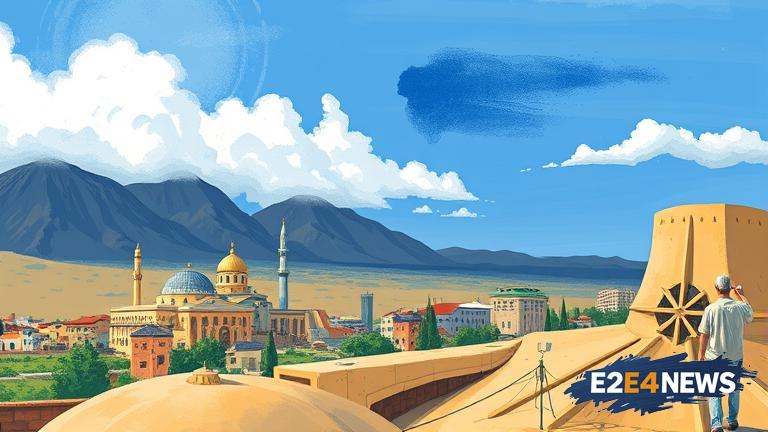The Israeli government is navigating a intricate web of diplomatic relationships, with a focus on countering the growing threat of Iran’s nuclear program and its expanding influence in the region. Meanwhile, the Israeli-Palestinian conflict remains a major point of contention, with the Palestinian Authority seeking recognition as a sovereign state. Israel’s relations with the United States have been a cornerstone of its foreign policy, but the Biden administration’s approach to the Middle East has introduced new uncertainties. The Israeli government has also been working to strengthen ties with other nations, including those in the Arab world, through diplomatic efforts and economic cooperation. The Abraham Accords, signed in 2020, marked a significant breakthrough in Israel’s relations with Arab states, with the United Arab Emirates, Bahrain, and Morocco establishing formal diplomatic ties with Israel. However, the accords have also been met with criticism and skepticism from some quarters, with concerns about the implications for the Israeli-Palestinian conflict. Despite these challenges, Israel’s economy has continued to grow, driven by a thriving tech sector and a highly skilled workforce. The country has also been at the forefront of innovation in fields such as cybersecurity, artificial intelligence, and renewable energy. Israel’s diplomatic efforts have also been focused on countering the Boycott, Divestment, and Sanctions (BDS) movement, which seeks to isolate Israel economically and politically. The Israeli government has argued that the BDS movement is a form of anti-Semitism, and has taken steps to combat it through legislation and public diplomacy. In addition to its diplomatic challenges, Israel is also facing internal political divisions, with a fragile coalition government and ongoing debates about the role of religion in public life. The country’s Supreme Court has played a key role in shaping Israel’s legal landscape, with rulings on issues such as gender equality and LGBTQ+ rights. Israel’s military has also been engaged in ongoing operations against terrorist groups, including Hamas and Hezbollah, with a focus on maintaining security and stability in the region. The Israeli government has also been working to address the needs of its diverse population, including the Arab minority, through initiatives such as language training and economic development programs. Overall, Israel’s diplomatic landscape is complex and multifaceted, with both challenges and opportunities on the horizon. As the country looks to the future, it will need to navigate these complexities with skill and diplomacy, while also addressing the needs and concerns of its own citizens. The Israeli government will also need to balance its relationships with other nations, including the United States, while pursuing its own national interests and security goals. The country’s ability to adapt to changing circumstances and to find creative solutions to complex problems will be critical in the years ahead.
